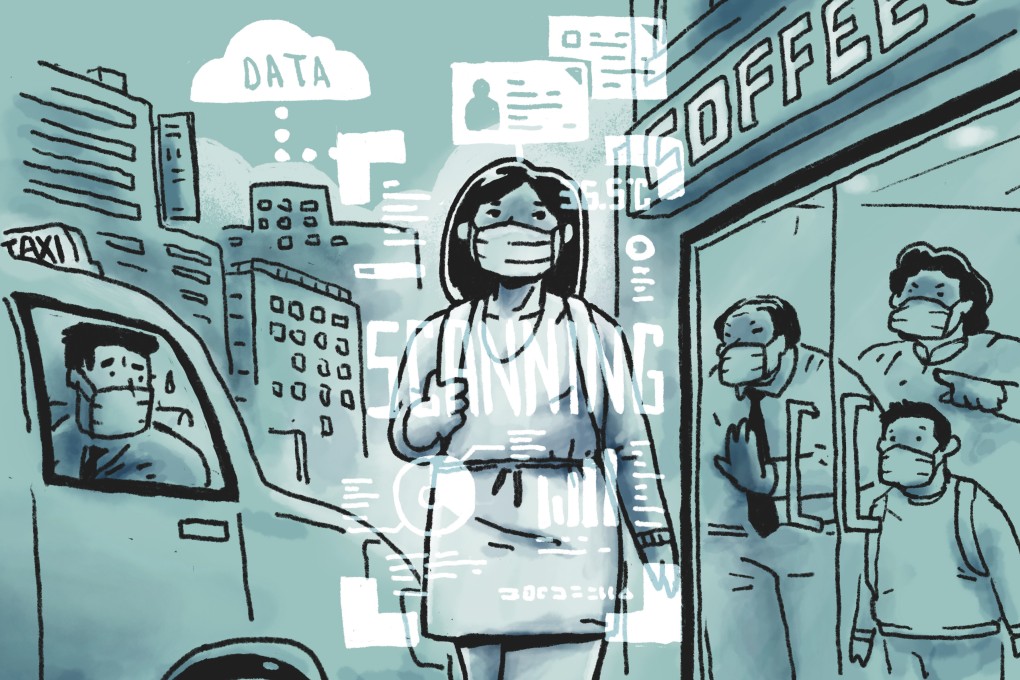China’s Covid-19 health code: algorithms weigh on lives and freedoms, leaving some confused and miserable
- China’s health code app is a key resource for the country’s governments to track and contain Covid-19 cases using time, location and personal interactions
- Tension comes from Chinese people being wrongly flagged as virus risks and officials who do not want to miss any cases for fear of outbreak or being sacked

When Beijing resident William Wei tried to go for a run with his wife at the Olympic Green last month, he could not enter the park.
It recommended he check in at once with his community staff for “risk elimination” measures, such as taking a nucleic acid test. “If the outbreak spreads [because of you], you might be legally responsible,” the notification said.
Wei cancelled his plans and followed the instructions on the screen. After signing forms to declare where he had been in the previous few weeks and taking a nucleic acid test, his status on the health code app returned to normal.
He had no idea why he was flagged as a risk: at the time Beijing had very few reported cases, Wei said, and the most recent trip he had taken was to Guangzhou a month before – also a low-risk city at the time.
“We’ve pretty much got used to it,” Wei said of the hassle. “Nowadays, we have to record every single bit of our route, because wherever you go you are required to scan a code.”
